Beginner's Guide to Adaptogens
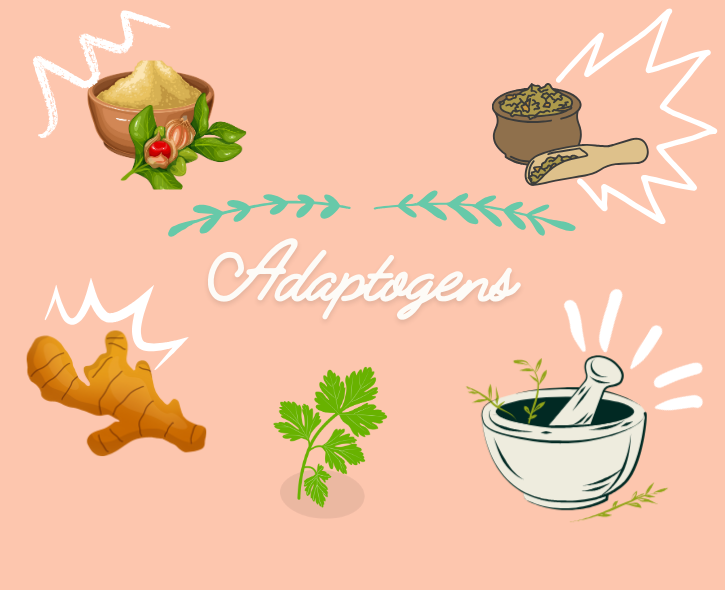
Share
Hey there! If you’re feeling the weight of stress on your shoulders (and who isn’t these days?), you might have heard about adaptogens. These buzzworthy herbs are making waves in the wellness world, and for good reason! This beginner's guide will help you understand what adaptogens are, why they might be worth incorporating into your life, and how to get started.
What Are Adaptogens?
So, what exactly are adaptogens? Simply put, they’re natural substances—mostly from plants and herbs—that help your body adapt to stress. Think of them as your herbal sidekicks, ready to swoop in and lend a hand when life gets overwhelming. They work by supporting your adrenal system, which is responsible for managing stress responses.
Key Characteristics of Adaptogens:
- Natural Goodness: These herbs are rooted in nature, coming from various plants and fungi.
- Versatile Benefits: Unlike medications that target specific issues, adaptogens have a broad range of benefits that can help with overall well-being.
- Balance Restorers: They promote balance and harmony in your body, making it easier to navigate through life’s ups and downs.
Why Consider Adaptogens?
- Stress Relief: Adaptogens can help lower those pesky cortisol levels, which means less stress and anxiety for you.
- Energy Boost: Feeling drained? Adaptogens can enhance your stamina and physical performance—perfect for those long days at work or intense workout sessions.
- Mental Clarity: They can sharpen your focus and improve memory, making it easier to tackle that to-do list.
- Immune Support: Many adaptogens are known for supporting immune health, helping your body fend off illness.
-
Hormonal Harmony: They can help regulate your hormones, particularly when you’re feeling the heat of stress.

Popular Adaptogens You Should Try
1. Ashwagandha
You might have heard of this one! Ashwagandha is a powerhouse when it comes to reducing stress and boosting energy. Whether you take it in capsule form or mix it into your morning smoothie, it’s a great starting point for your adaptogen journey.
2. Rhodiola Rosea
Need a pick-me-up? Rhodiola Rosea can help improve stamina and reduce fatigue. It’s available in capsules or as a powder, so you can easily toss it into your favorite drink.
3. Holy Basil (Tulsi)
This fragrant herb is not just for your cup of tea! Holy Basil is known for its immune-boosting properties and its ability to calm the mind. Brew a nice cup and let the stress melt away.
4. Maca Root
Feeling a bit sluggish? Maca root can help enhance your energy levels and even support your mood. Add it to smoothies, oatmeal, or baked goods for a nutritious boost.
5. Schisandra Berry
This little berry is known for its ability to improve endurance and combat fatigue. It can be found in powdered form, making it easy to mix into your smoothies or teas.
How to Get Started with Adaptogens
- Take It Slow: If you’re new to adaptogens, start with one at a time. Give your body a chance to adjust and see how you feel.
- Smoothie Magic: Add adaptogen powders to your favorite smoothie recipes. It’s a delicious way to sneak in some extra health benefits!
- Sip Some Tea: Many adaptogens make for great herbal teas. Brew yourself a comforting cup and enjoy the moment.
- Convenient Supplements: If you prefer, you can opt for capsules or supplements that fit your lifestyle.
Conclusion
Adaptogens are a fantastic way to support your body in the face of stress. By incorporating these powerful herbs into your routine, you can enhance your resilience and improve your overall well-being. Remember, the journey to wellness is personal—so take your time and find what works best for you.
Curious about other nutritious ingredients? Check out our blog on Amaranth Superfood Benefits to discover more about the incredible benefits of this ancient grain!
For more tips and insights on healthy living, visit our blog at The Drill.
Explore More
-

What is Maida and Why is it Bad?
...
-

How Do You Choose the Right Products for Your Health?
...
-

Why Gyms Won’t Save You from Heart Disease in Your 30s: The Hard Truth You Need to Hear
...
-

Caffeine and You: Finding the Sweet Spot for Your Day
...
-

Why Potato Chips Are Addictive: The Science Behind the Crunch
...
-
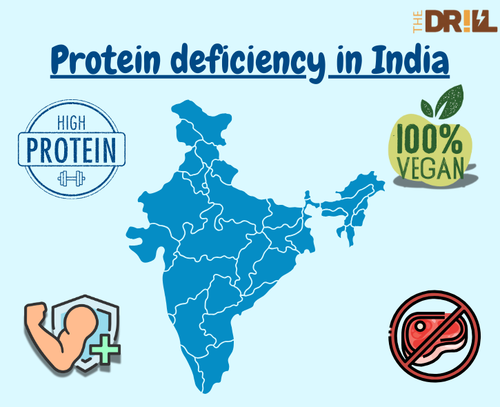
Why Protein Deficiency in India Is More Common Than You Think (And How to Fix It)
...
-

Health Benefits of Sea Buckthorn: The Superberry You Need in Your Diet
...
-

Cold Weather Hacks: How to Stay Healthy During a Mountain Trip
...
-

Top 10 Anti-Aging Foods to Keep You Young and Glowing – Bollywood Style
...
-

PUFA vs. MUFA: Which is Healthier?
...
-
Introducing Drill Lens: Your AI-Powered Food Rating Tool
...
-
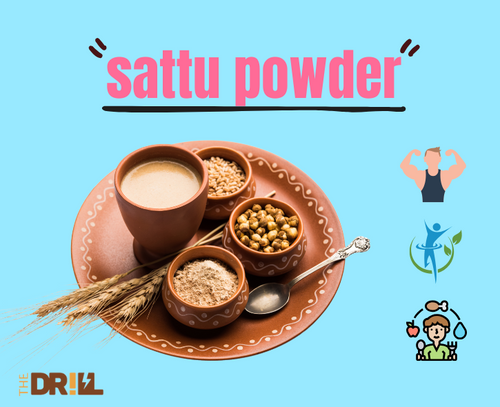
Benefits of drinking sattu everyday
...
-
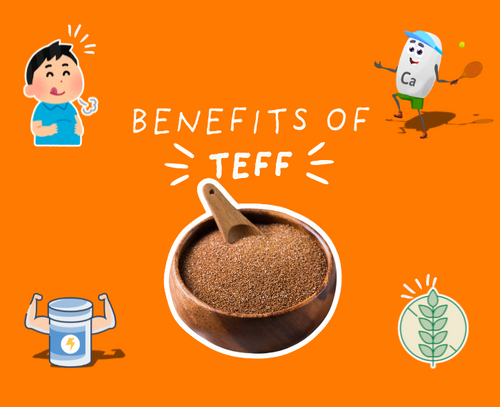
5 Surprising Health Benefits of Teff Grain for Indian Diets
...
-

Can Taurine Cause Side Effects? Here’s What You Need to Know
...
-
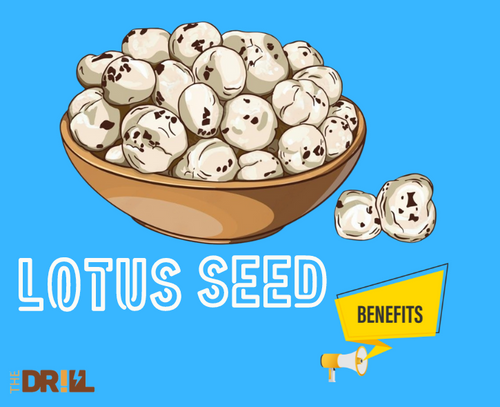
What Are the Health Benefits of Lotus Seeds?
...
-
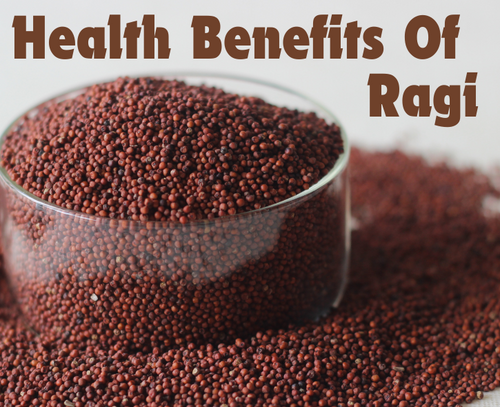
Health Benefits of Ragi for Vegetarians
...
-

How to Use Jackfruit as a Meat Substitute in Indian Cuisine
...
-

Is Defatted Soya Good for Muscle Gain?
...
-

The Impact of Glycemic Index on Cravings
...
-
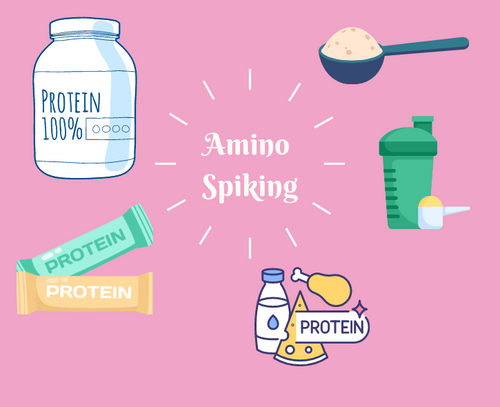
What is Amino Spiking in Whey Protein? A Complete Guide
...
-
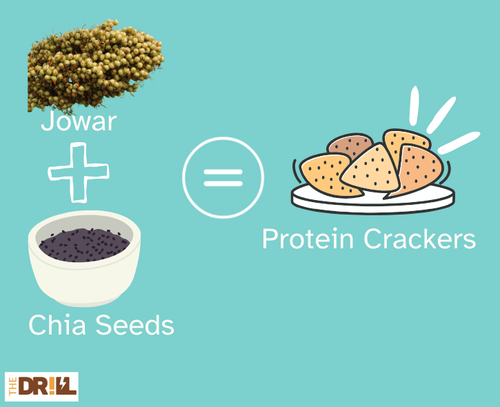
Jowar and Chia Seed Protein Crackers Recipe: A Gluten-Free, High-Protein Snack
...
-
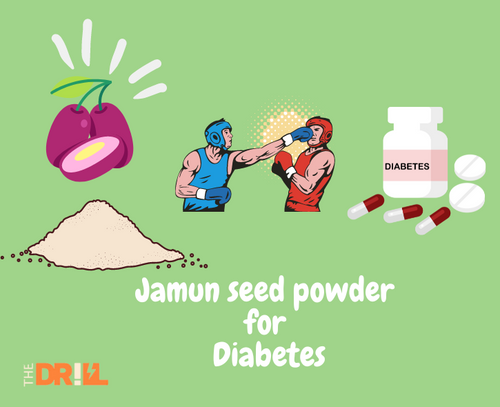
Jamun Seed Powder for Diabetes: Understanding the Benefits and How to Use It
...
-
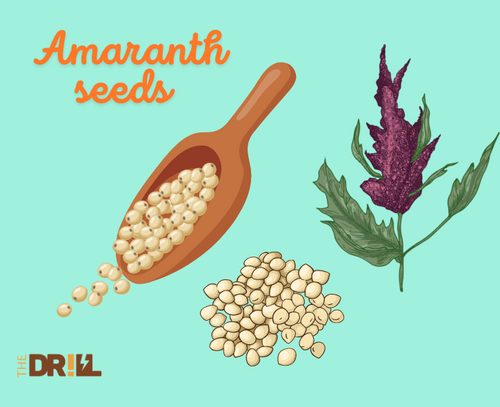
Amaranth Superfood Benefits: Why You Should Add This Ancient Grain to Your Diet
...
-
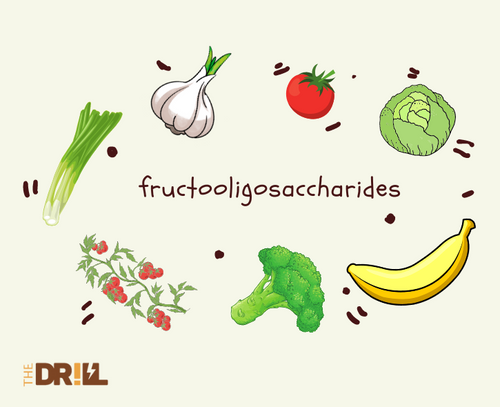
What Is Fructooligosaccharides (FOS) and Why Should You Care?
...
-
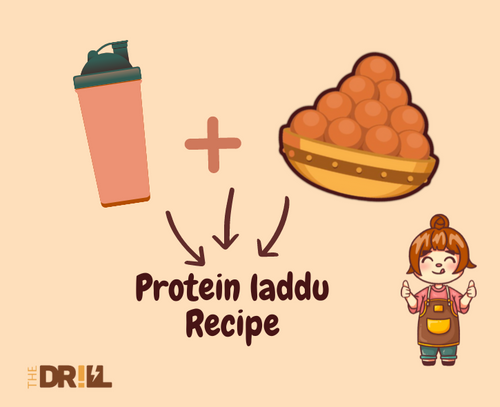
How to Make Protein Laddu at Home: A Nutritious Indian Snack
...
























